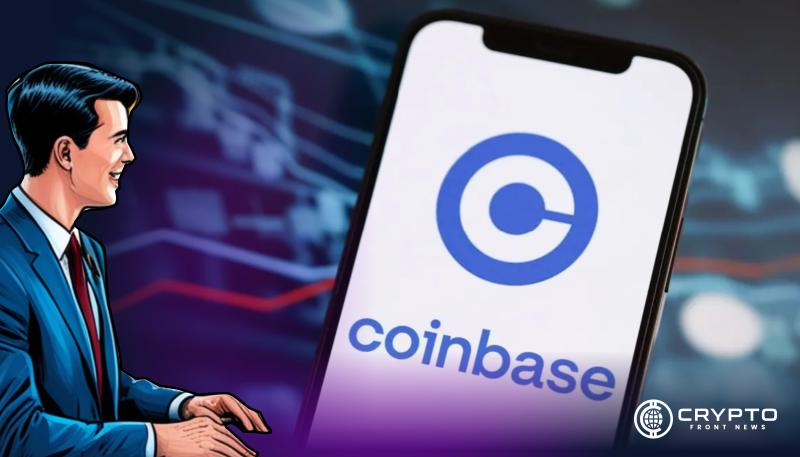- Coinbase’s x402 enables walletless machine-to-machine payments using stablecoins, reviving HTTP 402 for seamless automation.
- x402 allows instant, onchain micropayments via HTTP, bypassing middlemen and enabling AI agents to transact without human input.
- Despite x402’s innovation, recent Coinbase breaches highlight ongoing security challenges in decentralized payment infrastructure.
Coinbase has unveiled x402, a crypto payment protocol designed to enable seamless, walletless transactions between machines. The innovation activates the long-dormant HTTP 402 status code, originally reserved for digital payments. Now, it supports automated payments between AI agents, apps, and APIs using stablecoins over standard HTTP.
The x402 standard allows services to request payment directly through the protocol. A machine, such as an AI bot, can receive a 402 Payment Required response, make an onchain payment, and instantly receive the desired resource. This development introduces agentic payments, where machines pay machines autonomously—without human interaction, logins, or centralized platforms. Consequently, the internet now gains a native value layer for decentralized automation.
Revolutionizing Digital Payments
Unlike Stripe, Visa, or PayPal, x402 is protocol-first and permissionless. Developers can integrate it without onboarding or compliance hurdles. Moreover, x402 supports micropayments, enabling fractions of a cent to move across borders instantly using USDC or similar stablecoins.
It eliminates fraud-prone infrastructure. Payments are immutable and settled onchain, removing chargebacks and middlemen. Additionally, x402-native headers like X-PAYMENT and X-PAYMENT-RESPONSE preserve the simplicity of HTTP while embedding powerful financial logic.
Besides simplicity, speed and cost-efficiency are central to x402’s design. On networks like Base or Solana, settlement is near-instant. This enables AI agents to buy data, rent compute power, or subscribe to APIs without delays.
Security and Growing Pains
However, this innovation arrives amid serious security challenges. Coinbase recently reported a cyberattack impacting under 1% of its user base. Hackers accessed internal data and impersonated the firm, defrauding users. The attackers demanded $20 million, which Coinbase refused to pay.
Instead, the exchange committed to fully reimbursing victims and launched a $20 million bounty to catch the culprits. This breach, while damaging, highlights the growing threat landscape surrounding digital finance platforms.
Hence, while x402 ushers in a new internet payment paradigm, it also raises critical security and regulatory questions. How agents manage private keys and prevent abuse remains crucial. Still, x402 could shape a machine-first economy, where AI agents drive real-time, low-cost, borderless payments. Its open, decentralized design stands in stark contrast to walled-garden systems.





